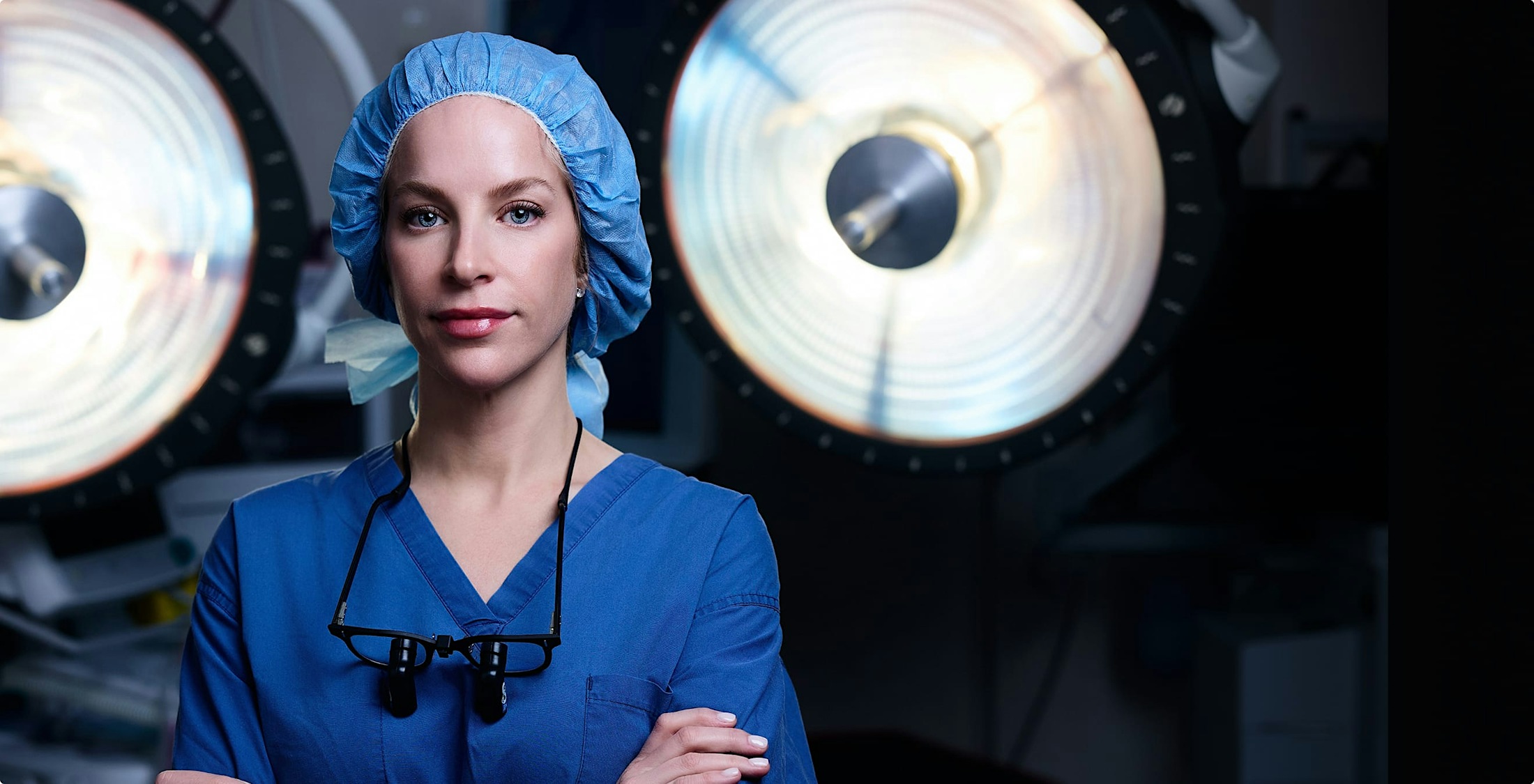Thyroid conditions don’t just affect your metabolism—they can change the way your eyes look, feel, and function. Symptoms like eye bulging, double vision, and lid retraction are treatable.
What Is Thyroid Eye Disease?
Thyroid eye disease (also called Graves' orbitopathy or thyroid-associated orbitopathy) is an autoimmune condition in which the body’s immune system targets the muscles and tissues surrounding the eyes. This causes inflammation, swelling, and tissue changes behind the eye.
Common symptoms include the following:
- Bulging or prominence of the eyes (proptosis)
- Eyelid retraction or asymmetry
- Dryness, irritation, or tearing
- Double vision or restricted eye movement
- Pain or pressure behind the eyes
- In severe cases, vision changes due to optic nerve compression
Treatment depends on the stage and severity of the disease and may involve medical management during the active phase and surgical intervention during the stable (inactive) phase.












